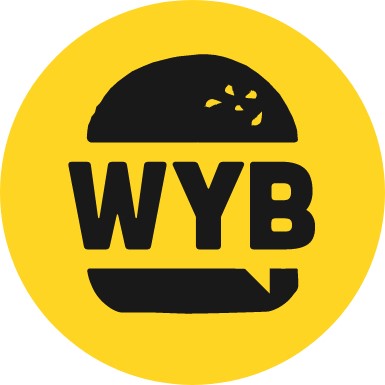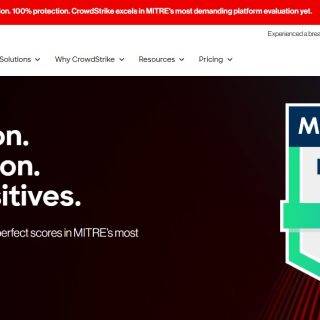
In today’s fast-paced business world, success boils down to one key question: What are you really good at? Every successful company has a cornerstone, a product or service that defines them. For McDonald’s, it’s the burger. Nike? It’s the sneaker. Ford? Engines.
What all these companies have in common is a laser-focused approach to mastering one thing exceptionally well. They’ve taken their ‘burger’ and built a global empire around it. And that begs the question: What’s your company’s burger?
The Power of Focus
McDonald’s didn’t start as a jack-of-all-trades; they began by perfecting the simple hamburger. Their success didn’t come from offering everything under the sun but by mastering a core product and scaling it. The burger became synonymous with McDonald’s, and that focus turned into a multibillion-dollar brand.
Nike isn’t just another sportswear company; they are the company for sneakers. They have become masters in the art of creating comfortable, high-performance shoes, building an empire by excelling in one product category. Ford, one of the most iconic automotive brands, revolutionized the assembly line to produce reliable, powerful engines, making their cars affordable and accessible to the masses. Their engine mastery is the beating heart of their legacy.
Why Mastering Your Core Product Matters
Success doesn’t come from doing everything well—it comes from doing one thing extraordinarily well. Mastering your core product creates brand identity, customer loyalty, and market dominance. It simplifies decision-making and sharpens your competitive edge. Customers know what to expect from you, and they come to you because you’re the best at what you do.
If McDonald’s had spread themselves too thin by trying to become a coffeehouse, a steakhouse, or a tech company, they wouldn’t have achieved their iconic status. The same is true for any business, regardless of size or industry.
Don’t Confuse Feature Improvements with Core Value
A key trap businesses often fall into is confusing small feature improvements with their core value. A business might roll out countless updates, tweaks, and new features, thinking that this is what will attract customers. But, ultimately, it’s the core value people want. It’s that ‘burger’ that keeps them coming back.
Let’s take McDonald’s as an example. Sure, they add seasonal items, tweak their fries, or introduce new sauces, but these are all enhancements around the core product—the burger. If they focused too much on the extras, losing sight of what customers truly value, they would risk diluting their brand.
Your customers don’t come to you for small improvements—they come to you because you’re the best at solving a particular problem or fulfilling a specific need. It’s easy to get caught up in adding more and more features to please everyone, but it’s essential to remember that features are only enhancements, not the foundation.
Think about Apple. While they continuously innovate, their success comes from delivering high-quality, user-friendly devices, not from bombarding customers with endless updates or minor changes. People buy Apple products for the experience, design, and functionality at their core—not because of a small software tweak.
Find Your “Burger”
The real question is: What’s your company’s burger? What do you do better than anyone else? Whether you’re a tech startup, a local business, or an established enterprise, you need to find and master your version of the ‘burger.’ It’s the foundation upon which you’ll build long-term success.
Ask yourself:
- What is the one product or service that defines us?
- Where do we outperform our competitors?
- What can we become the best in the world at?
Once you’ve identified your core product, double down on it. Focus your resources, marketing, and innovation around it. Just like McDonald’s did with burgers, Nike did with sneakers, and Ford did with engines, your company’s future hinges on this central focus.
Conclusion: What’s Your Burger?
The secret to success is mastering something and staying true to that core. In a crowded market, the companies that survive and thrive are the ones that own their ‘burger.’ And just as important—don’t let yourself get distracted by minor improvements that don’t add to your core value. Customers are loyal to brands because of what they do best, not the extras.
So, tell me: What’s your burger?



